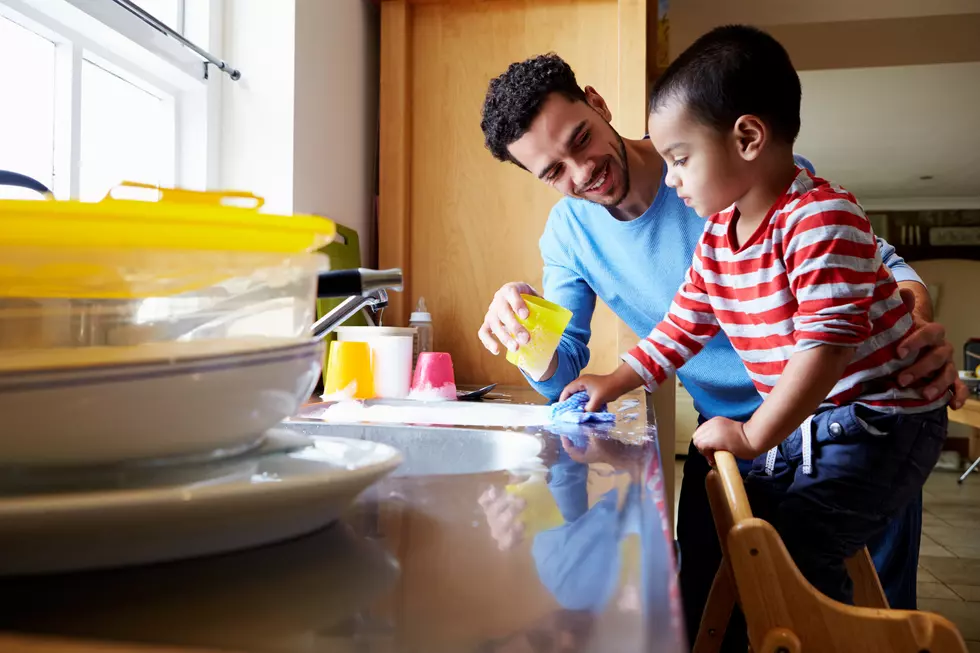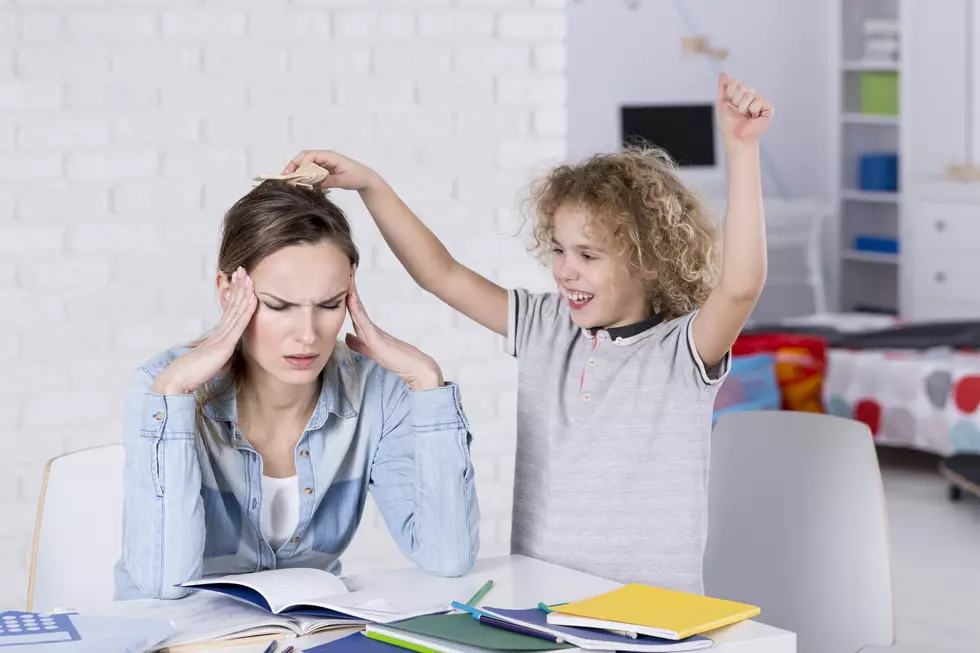
Helping kids and parents cope with school and sports anxiety in NJ
With New Jersey schools back in session and fall sports in full swing, this can trigger anxiety and depression for many children.
It can be tough to transition from the carefree days of summer to the structure of a school day, said Dr. Joseph Galasso, clinical psychologist and CEO of Baker Street Behavioral Health in Paramus.
Due to COVID-19 wreaking havoc on school and sports over the past couple of years, there is some anxiety and stress as to what the school year is going to look like this year. Kids begin creating images in their heads about what they experienced last year, and worry if that will be the case this year. That anxiety builds up and it can be very difficult, he said.
How can parents tell if their child needs mental health support?
Galassso said parents should trust their gut. Any time a parent notices a gross change in their child’s behavior, that is an opportunity to seek help especially if the child is verbalizing it or if the parent notices they are acting in a way that is not typical of their personality.
These could be changes in their routine or personality. They may be crying more often, eating less, sleeping more or sleeping less, disengaging from their peers, feeling ignored, or having difficulties in classes
How can parents help their children cope with anxiety and depression?
The good news is that parents, teachers, and coaches can do a lot to help children manage their stress and anxiety.
With younger kids, storytelling is a great way to help them cope, Galasso said. Talking about situations where they’ve been successful in the past and helping them in a story format, and re-experiencing those successes can be an anecdote to anxiety, he said.
Try to remember a time when you felt you thought you were going to be unsuccessful but you combatted it and felt great. This will help a child to feel powerful and successful, he added.
“For older kids, it’s about giving them an opportunity to build upon past experiences,” Galasso said. They have the opportunity to look backward and to grow upon those experiences, and know that they will have opportunities to grow with their peers, and experience new things.
Why do parents feel anxious during back-to-school and sports season?
Many don’t know what this year is going to bring them. They fell off-balanced. For most of their lives, they had the luxury of knowing that this season is going to be pretty much like last season.
For example, if a parent’s child plays baseball in the spring, parents know what the schedule looks like, they know there are practices and games certain days a week, and they know they’ll be doing fundraisers and other stuff for the team.
But when COVID hit, those routines went out the window, totally interrupted, he said. When routines and structure are interrupted, that creates stress and anxiety.
For parents, creating as much structure as possible and being able to communicate within parent groups as much as possible, are important.
Think about parents with multiple kids. Galasso said the more predictable their daily life can be, the less stress they will feel, and less stress will reduce their amount of anxiety for them.
As long as administrators and coaches communicate very well and continue messaging parents as to what is going to happen and when, they are going to feel a lot better about what’s happening during the season, Galasso added.
What is the takeaway?
The one point Galasso wanted to get across is that mental health, especially in kids, is treatable. “The more that we talk about this and the less reactive we have to be as practitioners, and parents to these types of issues and illnesses in our children, the better the results we can have with our kids,” Galasso said.
The sooner parents recognize that there’s something wrong or that their kids are in distress, and the sooner they receive treatment, the sooner parents can get the kids back on track.
There may not be a cure but Galasso said there are ways to make kids feel better. They seem to be more receptive to help, knowing that someone else, whether it’s a peer or an adult, feels the same way as they do.
Jen Ursillo is a reporter and anchor for New Jersey 101.5. You can reach her at jennifer.ursillo@townsquaremedia.com
Click here to contact an editor about feedback or a correction for this story.
States with the most registered hunters
More From New Jersey 101.5 FM









